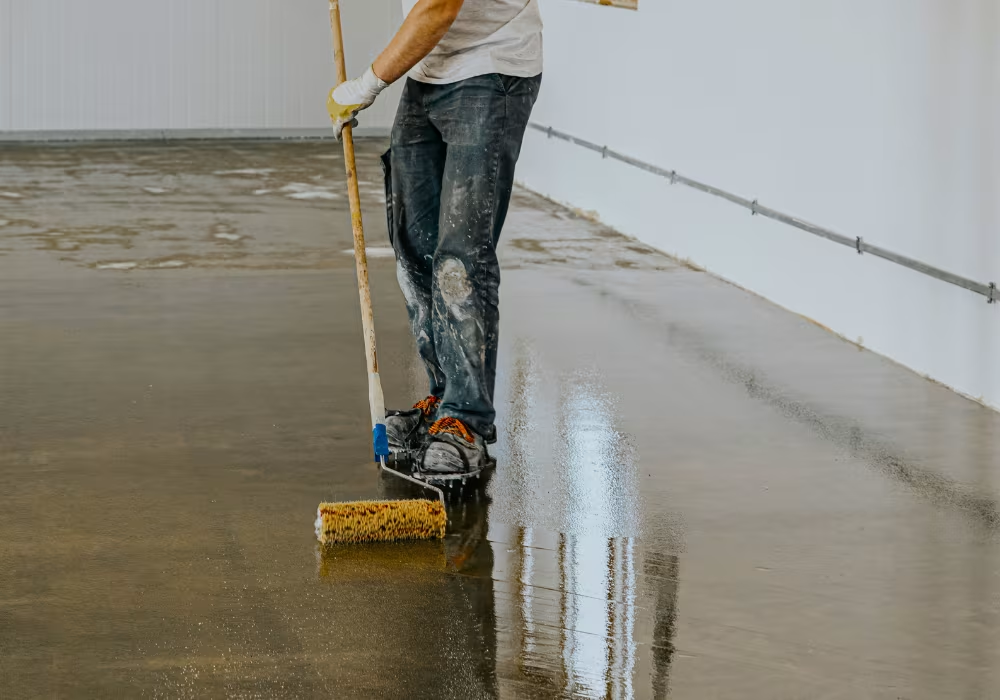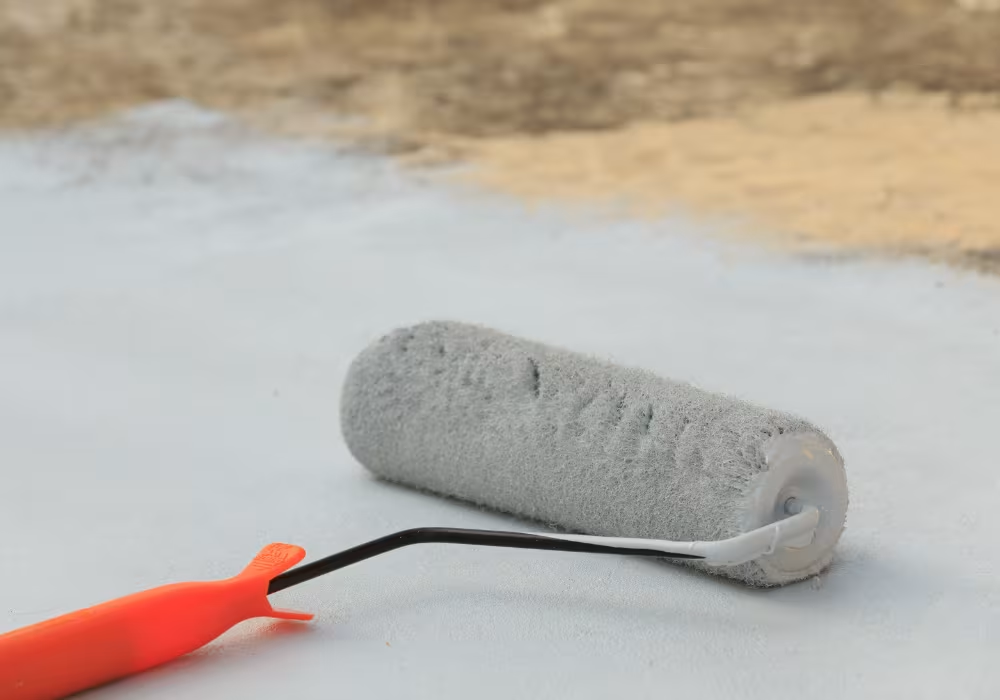Revive Your Home’s Look with Expert Exterior Painting
The exterior of your home is the first thing neighbors, guests...
The exterior of your home is the first thing neighbors, guests...
Managing a condo or HOA in Miami isn't like managing properties...

Epoxy paint is known for its extreme durability and resistance to harsh chemicals. It’s composed of two parts that are mixed before application, creating a hard, durable coating. Its glossy finish is easy to clean and withstands heavy traffic, making it ideal for heavily used garages. However, its higher cost and more complex application process may be disadvantages to consider

Acrylic paint is a more economical and easier-to-apply option. It offers good abrasion and stain resistance and is available in a wide variety of colors. Although not as durable as epoxy paint, it’s an excellent choice for light-duty garages or for those looking for a more economical solution.
Pros:
Extreme durability and chemical resistance.
Glossy, easy-to-clean finish.
Ideal for intensively used garages.
Cons:
Higher cost.
More complex to apply.
Pros:
● More economical and easier to apply.
● Good abrasion resistance.
● Variety of colors.
Cons:
● Less durable than epoxy.
● Less chemical resistance
Proper floor preparation is crucial to ensure good paint adhesion. Clean the floor thoroughly, repair any cracks or holes, and sand the surface to create a rough texture. Be sure to remove any traces of oil or grease.
● Mix the two components following the manufacturer’s instructions.
● Apply the paint in thin, even coats with a wool roller.
● Let it dry completely between coats.
● Clean the floor and apply a primer if necessary.
● “Apply the paint with a roller or brush, following the manufacturer’s
instructions.
● Let it dry completely before applying a second coat.
The choice between epoxy and acrylic paint depends on your needs and budget. If you’re looking for durability and longevity, epoxy is ideal. If you prefer something more economical and easy to apply, acrylic is an excellent option. Contact our maintenance service experts for personalized advice and a professional finish.